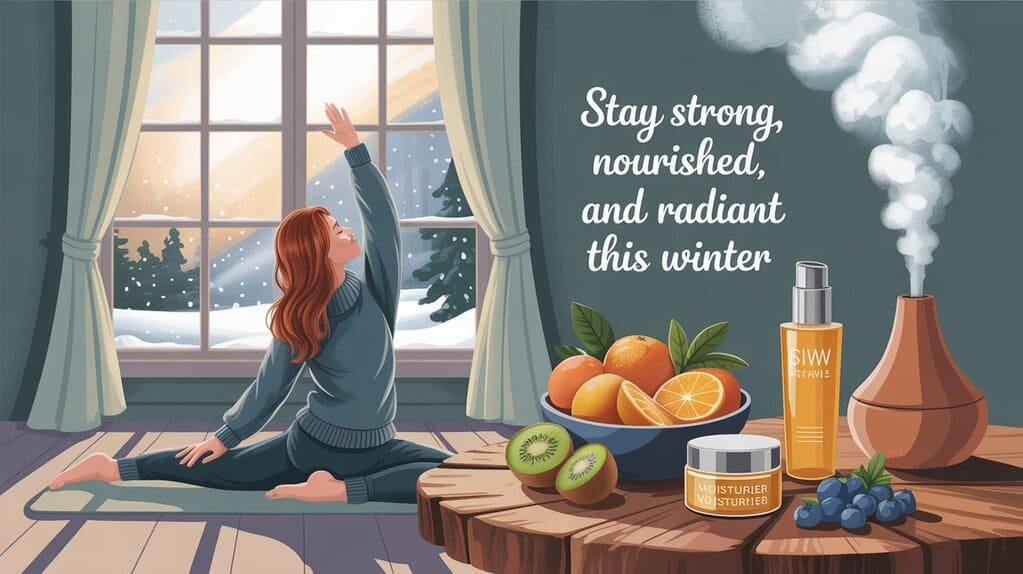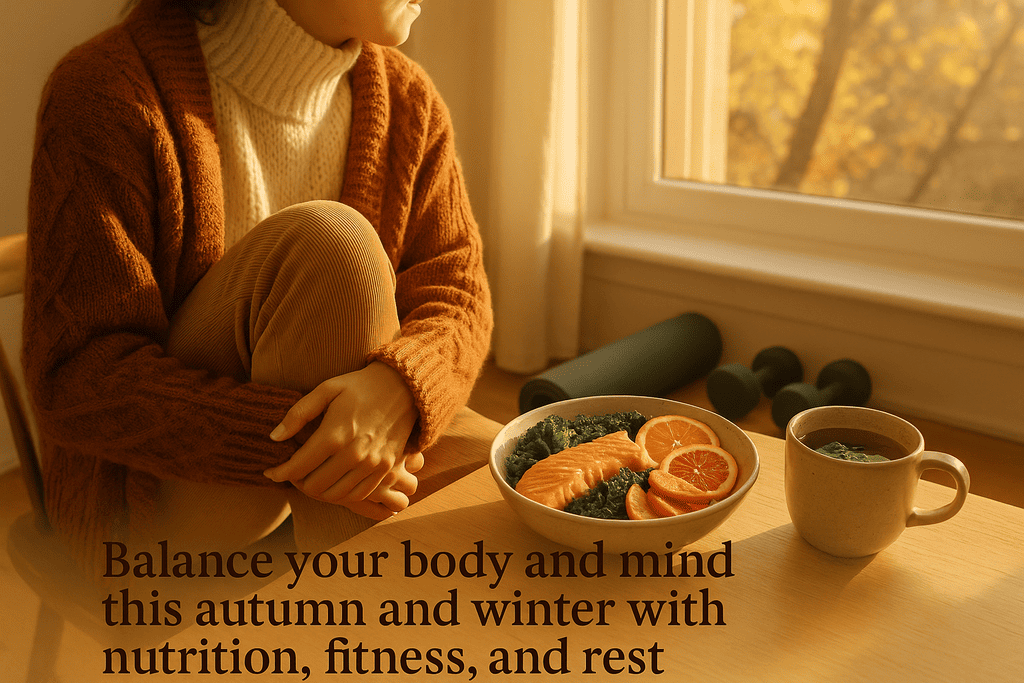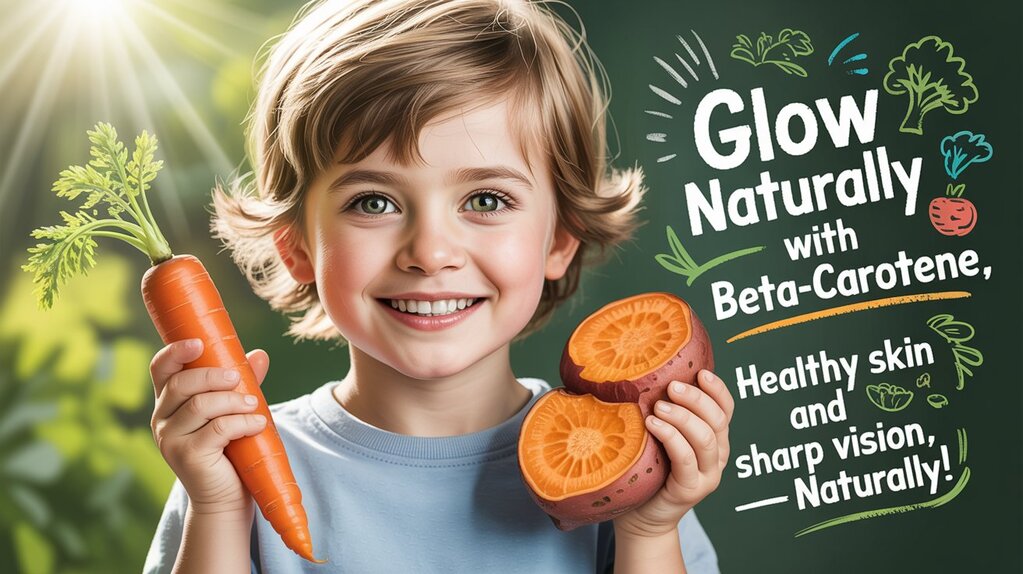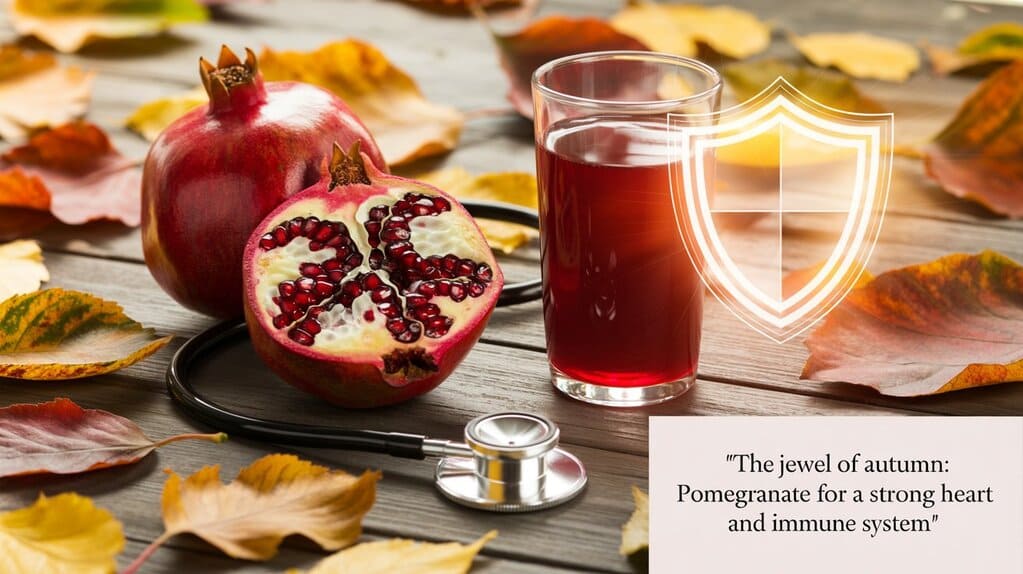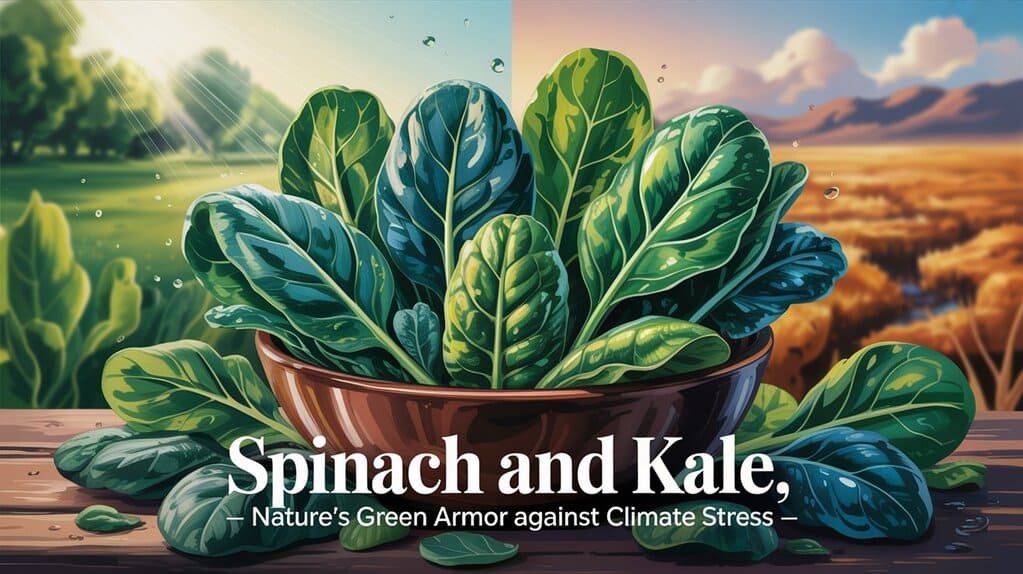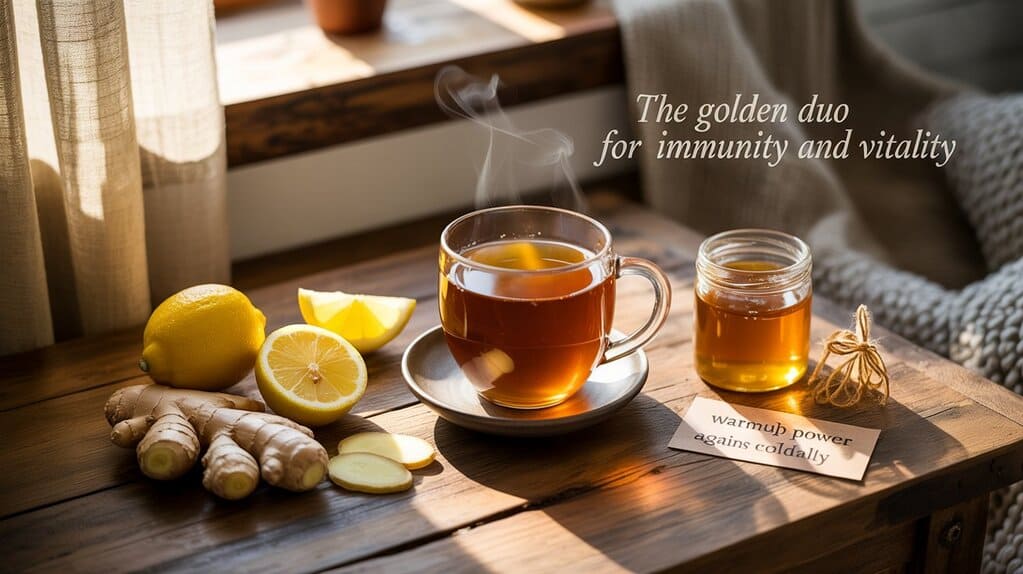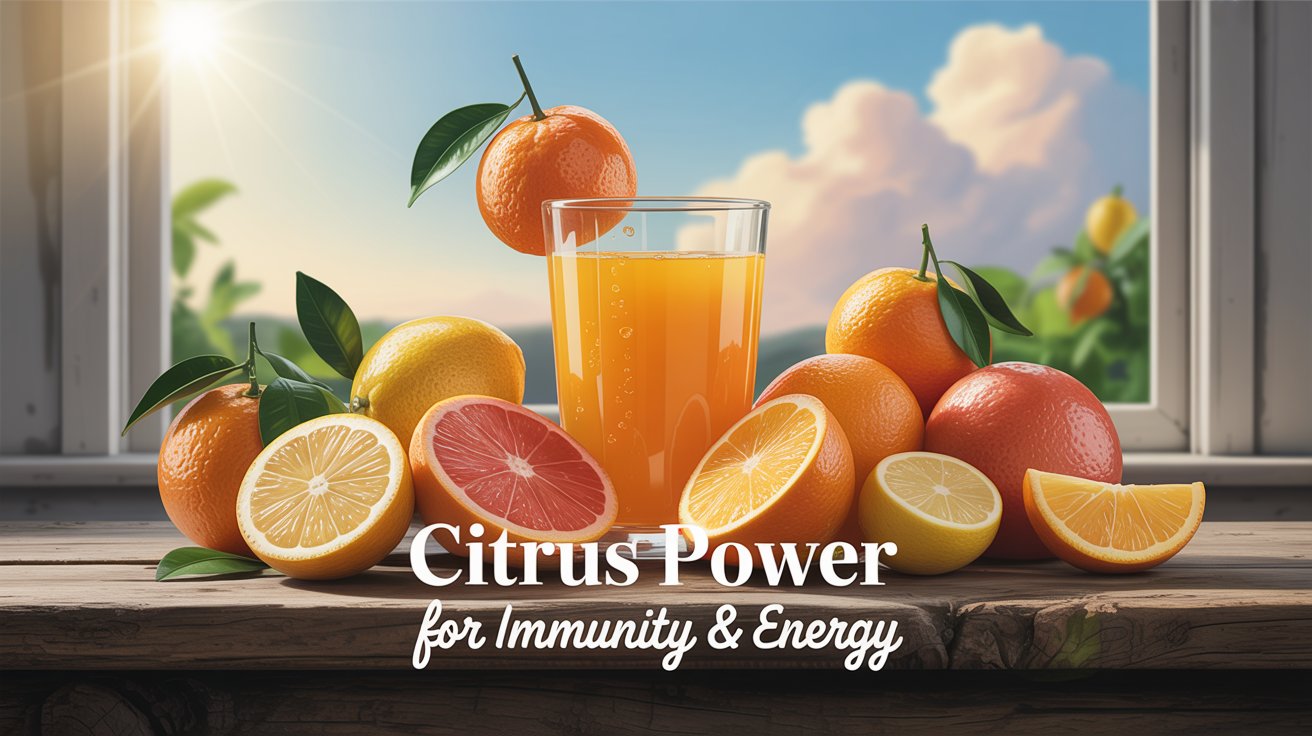
Introduction
As the sun climbs high and the days grow longer, summer becomes the perfect time to embrace natural beauty, vibrant skin, and a refreshing self-care routine. This warm season isn’t just about vacations and beach vibes; it’s a critical time for skincare, hydration, and protecting your body from heat-induced damage. Understanding how summer affects your beauty and health is essential for maintaining a youthful glow and strong skin barrier. In this comprehensive guide, we’ll explore the science of summer skincare, natural beauty routines, expert medical advice, and tips for glowing all season long.

How Summer Affects Your Beauty and Skin Health
1. Increased Sun Exposure and UV Radiation
Ultraviolet (UV) radiation levels increase significantly during summer. According to the World Health Organization (WHO), excessive UV exposure is the leading cause of premature aging, sunburn, and even skin cancer.
- Key Point: Sun damage accumulates over time. Without proper sun protection, your skin becomes more susceptible to wrinkles, age spots, and loss of elasticity.
- A study published in the Journal of Investigative Dermatology (2023) revealed that up to 80% of visible facial aging is due to UV exposure.
→ Solution: Always use broad-spectrum sunscreen with SPF 30 or higher, reapplying every two hours, especially after sweating or swimming.
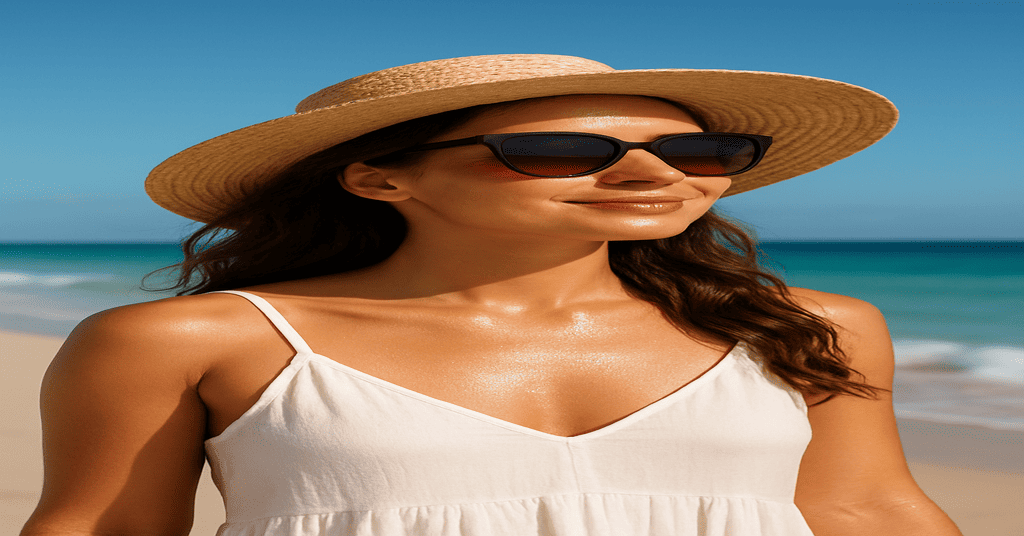
2. Summer and Dehydration: Impact on Skin Glow
Hot weather and sun exposure increase sweat production, leading to dehydration. This causes the skin to appear dull, flaky, and irritated.
- Key Point: Hydration is essential for maintaining the skin’s elasticity, plumpness, and glow.
- Tip: Drink at least 8–10 glasses of water daily, and incorporate hydrating foods like watermelon, cucumber, and oranges into your diet.
3. Heat and Sebum Overproduction
Summer heat can lead to excess oil (sebum) production, particularly for those with oily or acne-prone skin.
- Key Point: Overactive sebaceous glands can clog pores, leading to blackheads, whiteheads, and acne outbreaks.
- A 2022 clinical study in Dermatology Times showed that acne prevalence increases by 18% during hot and humid months.
→ Recommended Action: Use a gel-based cleanser, exfoliate twice a week, and apply a non-comedogenic moisturizer to balance oil.
4. Hair Care in Summer
UV rays, chlorine from pools, and salty seawater can weaken your hair shaft, causing dryness, split ends, and discoloration.
- Key Point: Hair needs as much sun protection as skin.
- Tip: Use leave-in conditioners with UV filters, wear hats or scarves, and wash hair with sulfate-free shampoos after swimming.

Beauty Routines Perfect for Summer
1. Morning Routine
- Cleanser: Use a gentle, hydrating formula.
- Vitamin C Serum: Provides antioxidant protection and boosts collagen.
- Moisturizer with SPF: Choose SPF 30+ with zinc oxide or titanium dioxide.
2. Evening Routine
- Double Cleansing: Remove sunscreen and pollutants.
- Exfoliation: Use AHAs or BHAs 2-3 times weekly to clear pores.
- Hyaluronic Acid Serum: Locks in moisture.
- Night Cream: Opt for one with niacinamide to reduce redness and improve skin texture.
📊 Chart: Summer Skin Issues vs. Solutions
| Issue | Cause | Solution |
|---|---|---|
| Sunburn | UV Radiation | Broad-spectrum sunscreen + Aloe Vera gel |
| Dehydrated, flaky skin | Heat & fluid loss | Increase water intake + hyaluronic acid |
| Oily skin / Acne | Heat + sweat + clogged pores | Gel cleansers + exfoliation + non-comedogenic products |
| Uneven skin tone | Hyperpigmentation | Vitamin C + sunscreen |
| Dry, brittle hair | Sun + saltwater + chlorine | UV hair serum + protective headwear |
Nutrition for Summer Beauty
Foods that Boost Skin and Hair Health in Summer
- Watermelon – Rich in lycopene, a powerful antioxidant.
- Cucumber – High in silica and water content, promotes clear skin.
- Carrots – Contain beta-carotene which protects against sun damage.
- Nuts and seeds – Provide omega-3 fatty acids for skin hydration.
- Citrus fruits – Packed with Vitamin C for collagen production.
According to a review in Nutrients Journal (2024), a diet high in antioxidants significantly reduces oxidative stress in skin cells during the summer.
Expert Tips from Dermatologists
Dr. Ava Shamban, a board-certified dermatologist, emphasizes in Harvard Health Publishing that “summer skincare should focus on protection, hydration, and detoxification.” She suggests avoiding heavy products and choosing lightweight, breathable formulas.
Dr. Whitney Bowe, a leading skin expert and author of The Beauty of Dirty Skin, recommends supporting your skin’s microbiome by using probiotic-rich products and maintaining a clean diet during summer.
Natural Remedies for Summer Glow
- Aloe Vera Gel: Soothes sunburns and hydrates skin.
- Green Tea Compress: Reduces inflammation and puffiness.
- Yogurt and Honey Mask: Brightens and moisturizes skin naturally.
According to the National Center for Complementary and Integrative Health (NCCIH), aloe vera has anti-inflammatory, antimicrobial, and healing properties ideal for summer skincare.
Common Summer Beauty Myths Debunked
- Myth: “I don’t need sunscreen if I’m indoors.”
Fact: UV rays penetrate windows and can still damage skin. - Myth: “Tanning is healthy.”
Fact: Tanning is a sign of skin damage, not health. - Myth: “Oily skin doesn’t need moisturizer.”
Fact: All skin types need hydration to prevent oil imbalance.
Conclusion: Radiate with Confidence This Summer
Summer is a celebration of natural beauty, sunshine, and self-care. With increased exposure to the elements, it’s essential to protect your skin, hydrate your body, and nourish your appearance from within. Following a smart and science-backed routine can help you avoid common pitfalls like sun damage, acne, and dryness while embracing your most radiant self.
By integrating dermatologist-approved tips, consuming antioxidant-rich foods, and using summer-specific skincare products, you can transform the season into an opportunity for renewal and rejuvenation.
References
- Wikipedia contributors. “Skin.” Wikipedia, The Free Encyclopedia. https://en.wikipedia.org/wiki/Skin
- World Health Organization (WHO). “Sun protection.” https://www.who.int/news-room/fact-sheets/detail/ultraviolet-(uv)-radiation
- Bowe, Whitney. The Beauty of Dirty Skin. Little, Brown Spark, 2018.
- Harvard Health Publishing. “Summer Skin Care: Tips from Dermatologists.” https://www.health.harvard.edu
- Journal of Investigative Dermatology, 2023. “Photodamage and Facial Aging.”
- Dermatology Times, 2022. “Seasonal Acne Patterns and Climate Influence.”
- National Center for Complementary and Integrative Health (NCCIH). “Aloe Vera.” https://www.nccih.nih.gov

